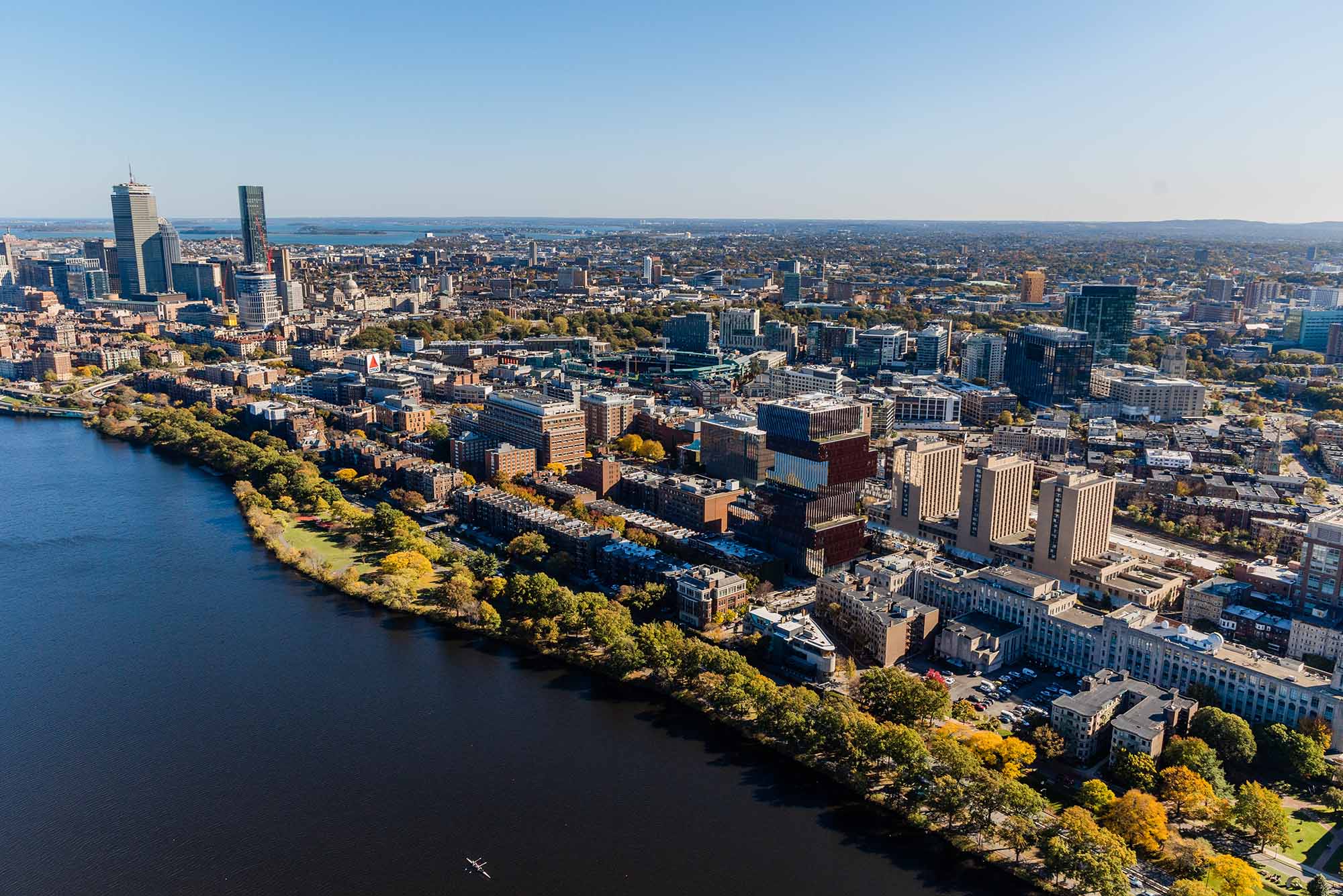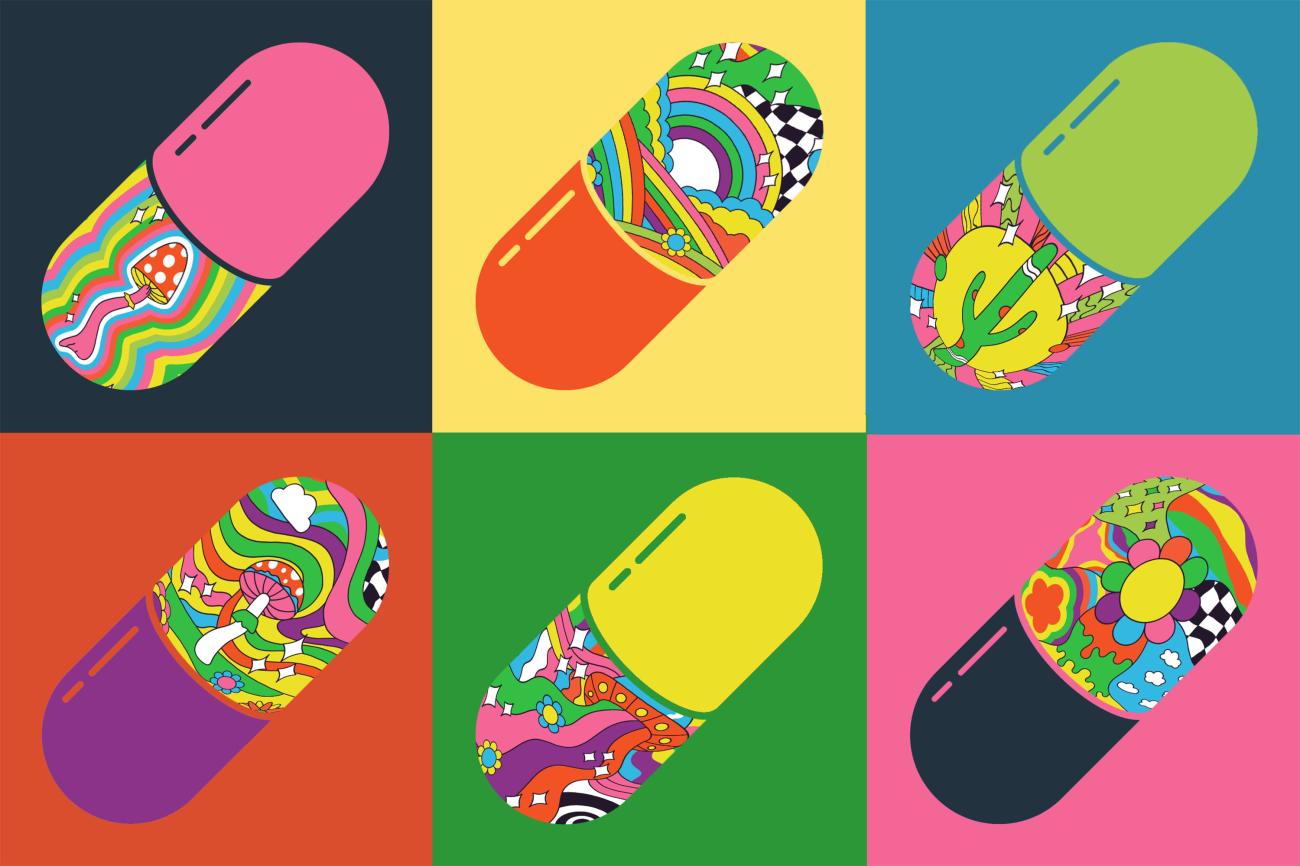Boston is a center for psychedelic science because its universities and hospitals run federally regulated studies with trained therapists, controlled research pharmacies, and strong oversight. Investigators in the city have access to imaging suites, biostatisticians, and CRO partners that help trials start on time and stay audit ready. This mix of academic depth and clinical operations supports research in depression, oncology related distress, addiction, and mechanistic neuroscience.
Why Boston is a center for psychedelic science
Three factors make Boston a leading site for psilocybin research. First is clinical depth. Major academic medical centers operate research pharmacies that handle Schedule I products under DEA registrations and established SOPs. They manage intake, storage, dose prep, reconciliation, and destruction with routines learned from complex oncology and infectious disease trials. Second is scientific range. Boston houses psychiatry, neurology, oncology, and imaging teams that can design protocols around session support and capture biomarkers with fMRI or EEG. Third is funding and collaboration. Life sciences investors, foundations, and public agencies support long programs, while nearby CROs and method labs provide capacity for validation and data management.
This mix reduces the learning curve for session based work. When a trial needs matched placebo capsules, a blinded randomization plan, and an observation window of several hours, Boston sites can schedule space, staff, and controls without building from scratch. That practical readiness is as important as the science itself. It keeps first patient visits on the calendar and produces records that withstand inspections.
Overview of medical schools and labs involved in trials
Boston’s university hospitals lead many parts of the field. Several centers illustrate how programs are structured and where current strengths lie.
Massachusetts General Hospital
Massachusetts General Hospital runs a center for the neuroscience of psychedelics. Projects examine depression through mechanisms like rumination and cognitive rigidity, then pair clinical scales with neuroimaging. Protocols schedule scans in relation to dosing sessions to capture network level changes that could track symptom relief. Pharmacy teams at MGH manage blinded capsule or tablet kits with matched placebo, maintain accountability logs, and reconcile returns after each visit. Clinical floors prepare rooms for quiet observation and safety, then document vital signs and psychological support steps.
Dana-Farber Cancer Institute
Dana-Farber focuses on depression and distress among patients with advanced cancer. Studies often combine psilocybin sessions with structured therapy. Oncology settings bring rigorous consent procedures, palliative care input, and close monitoring that fits session days. Group preparation and integration models help teams scale clinician time while maintaining safety checks. Pharmacy manages dose kits, observation rooms are reserved in advance, and staff training covers de-escalation, adverse event triggers, and documentation.
Harvard-affiliated hospitals and centers
Harvard Medical School connects programs across MGH, Brigham and Women’s, McLean, and other affiliates. McLean Hospital adds expertise in mood and anxiety disorders, cognitive testing, and long term follow up. Shared supervision models support therapist training across sites. IRB offices coordinate on templates for session descriptions, room safety, and consent language, which helps investigators move from concept to review with fewer iterations.
Boston University and Tufts University
Boston University has research strengths in addiction medicine, public health, and behavioral science that intersect with psychedelic questions. Tufts contributes clinical pharmacology and psychiatry expertise along with access to research pharmacies that handle controlled products. These universities supply raters, coordinators, and data managers who support large multicenter trials.
University of Massachusetts Chan Medical School
UMass Chan in Worcester is part of the broader Boston research zone. The medical school participates in multicenter depression studies and brings a campus model with centralized IRB, secure research storage, and a pharmacy trained in blinded kit intake. The Worcester site often collaborates with Boston teams on therapist training and shared SOPs, which helps align procedures across the state.
Cross institutional collaboration
Boston programs share method development, therapist supervision, and imaging protocols. CRO partners harmonize eCRFs and outcome measures so data can be compared across hospitals. Contract labs run interlab comparisons for psilocybin and psilocin assays to confirm that site labs can reproduce supplier results within acceptance ranges. These habits keep studies consistent and lower the risk of protocol amendments caused by operational gaps.
Role of IRBs and academic oversight in Boston
IRBs in Boston apply a consistent lens to psychedelic protocols. Reviews focus on consent language, therapist qualifications, room safety, and post session monitoring. Committees look for clear triggers for intervention, such as blood pressure thresholds, disorientation, or signs of distress that require clinical action. They also ask for therapist training records, supervision plans, and policies for session documentation. These reviews occur alongside standard checks on inclusion and exclusion criteria, endpoint selection, and statistical plans.
Academic oversight extends past IRB approval. Pharmacy and therapeutics committees evaluate dose forms, blinding plans, storage conditions, and reconciliation procedures. Security teams review delivery routes and storage room access controls. Risk management confirms incident reporting workflows. Data safety monitoring boards meet on a schedule defined in the protocol and charter. When programs touch oncology or palliative care, ethics committees may weigh in on patient support and coordination with existing services.
Operational oversight is part of the Boston model. Sites schedule mock receipts with pilot kits to practice intake and logging. They test temperature data loggers and document downloads. They verify that kit labels match the randomization plan and that blinding will hold under real workflows. Coordinators rehearse room setup for session days and confirm the availability of observation spaces. These checks reduce deviations, which keeps dosing calendars steady and protects data quality.
Student interest and emerging programs
Student and trainee interest in psychedelic science is high in Boston. Medical students, psychology trainees, and public health students join labs that handle data abstraction, rating scales, and logistics. Graduate programs are adding content on trial design, ethics, and therapist competencies for session based care. Nursing programs engage on observation protocols and patient safety during long visits. Pharmacy schools address controlled substance intake, storage, and reconciliation with case studies that mirror psilocybin trials.
Emerging programs help translate interest into practice. Short courses teach consent language, confidentiality, and session documentation. Workshops for therapists cover preparation, acute support, and integration aligned to trial manuals. Lab rotations let students assist with receipt logs, kit counts, and temperature record reviews. Imaging labs host seminars on protocol timing relative to dosing. These activities build a workforce that can step into roles as trials scale.
Student groups also shape public literacy. Campus seminars on the difference between FDA regulated research and state service programs clarify the distinct rules that govern each path. Panels with investigators, pharmacists, and ethicists help peers understand how controlled substances move through a hospital system. This outreach reduces misconceptions and supports informed participation as volunteers or staff.
Pipeline development has practical benefits for trials. When a coordinator leaves, trained students can step into assistant roles and keep visit schedules intact. When a study expands to a second site, a shared pool of trained raters and therapists shortens ramp time. As programs move toward larger Phase 3 designs, these talent pipelines make Boston more resilient to staffing shifts.
Boston’s future role in U.S. psychedelic research
Boston is positioned to lead the next phase of psilocybin research through a combination of clinical rigor and scalable operations. Several trends will shape that role.
First, depression and oncology distress studies are moving toward larger, multi site designs that require consistent pharmacy intake, matched placebos, and shared outcome measures. Boston hospitals can anchor those networks by standardizing labels, kit maps, and accountability tools that partner sites adopt. Method alignment across suppliers and site labs will shorten start up and improve audit readiness across regions.
Second, mechanistic work will expand. Imaging centers in Boston can support protocols that link network level changes to symptom improvements over months. That evidence will help clinicians and payers understand who benefits and when retreatment makes sense. Shared imaging sequences and timing guides will reduce variability and increase the value of pooled data.
Third, workforce training will mature. Therapist supervision models and pharmacist competencies are moving from ad hoc to standardized. Boston programs can publish checklists, room setup guides, and safety scripts that other centers reuse. These simple artifacts move the field forward faster than long white papers because they translate directly into daily work.
Fourth, supply chains will keep improving. Trials need capsules or tablets with matched placebo, consistent assay ranges, and clear expiry dating. Shipment memos must mirror import permits. Research pharmacies need kit lists and labels aligned with randomization plans. As suppliers, we prepare permit ready data, COA packages, kit maps, and support pharmacy intake so that dosing days proceed without bottlenecks.
Fifth, state coordination will matter. Massachusetts institutions can work with state task forces and veterans programs to shape grants that fund therapist training, imaging sub studies, and pharmacy upgrades. That investment turns into faster IRB submissions, fewer start up delays, and stronger data sets.
For Boston’s universities, the near term focus should stay on habits that produce clean, reproducible work. Run interlab comparisons before first shipments. Rehearse intake with pilot kits. Keep two trained staff for each role to avoid cancellations. Align outcome measures across protocols. Publish intake checklists and binder maps so new sites do not repeat avoidable mistakes. These steps keep trials on schedule and help investigators answer the questions that matter to patients, clinicians, and regulators.
Boston’s role in psilocybin studies comes from a simple formula. Pair strong science with operational readiness. Use shared templates and training so each new protocol starts faster than the last. Maintain clean records that tell a complete story from shipment to session to follow up. With these habits, the city will continue to anchor U.S. psychedelic research and support programs that meet federal expectations while producing results that withstand scrutiny.




